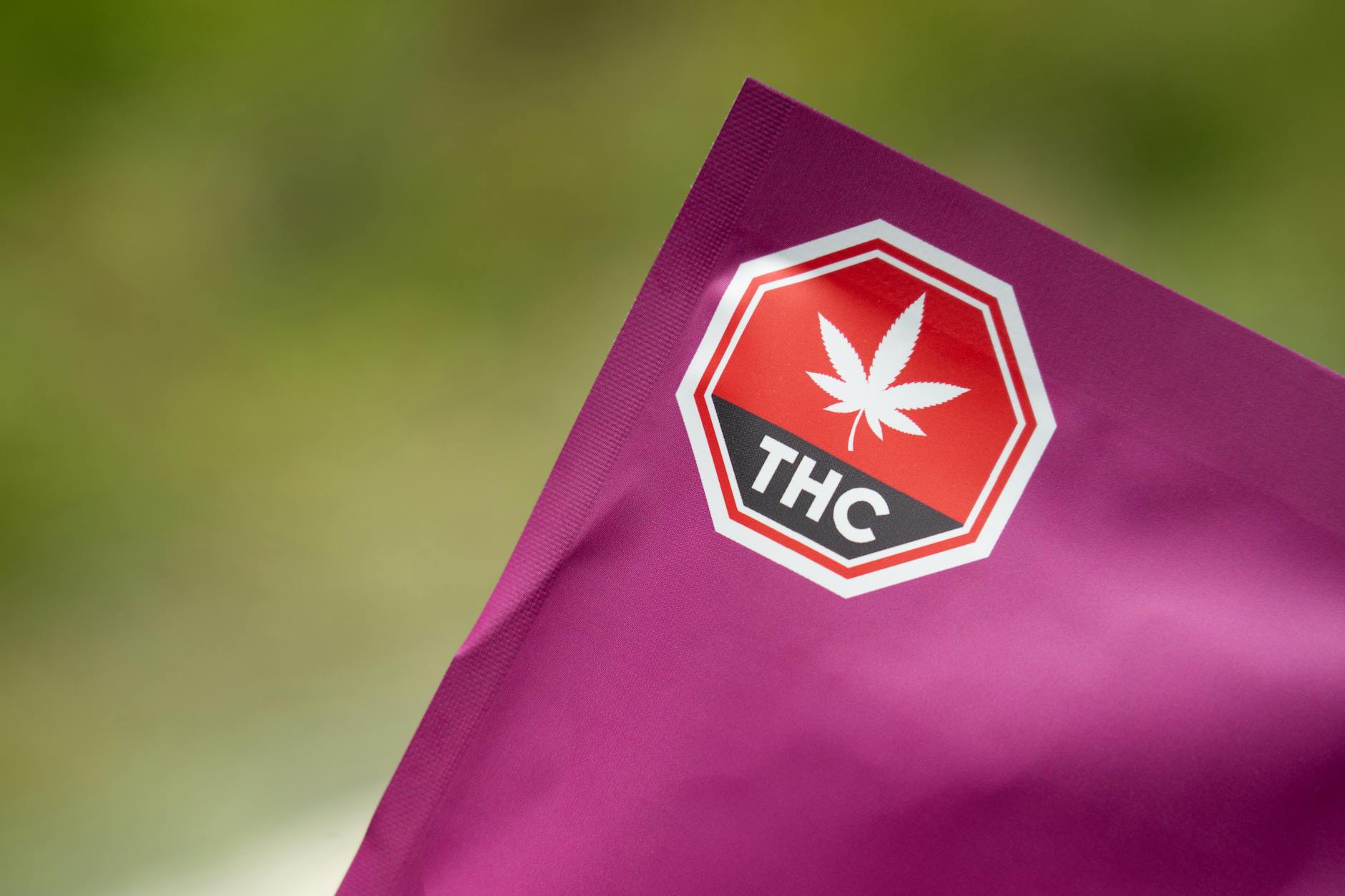In a surprising twist within Brazil's legislative chambers, a joint committee has sanctioned a bill to impose retroactive taxes on licensed betting operators for income generated as far back as 2014. This decision comes hand-in-hand with the shelving of a proposed hefty increase in gambling taxes, which had initially set the industry on edge. This complex legislative maneuver underscores a broader struggle between regulatory expectations and business predictability in emerging markets.
The initial proposal, embedded in Provisional Measure (PM) 1,303, aimed to elevate the gambling tax to 18% of Gross Gaming Revenue (GGR). However, it saw a rapid pivot as the measure's rapporteur, Carlos Zarattini, excised the tax hike, responding to what appears to be a lack of parliamentary appetite for such an increase. Instead, Zarattini introduced the Special Regime for the Regularisation of Exchange and Tax Assets (RERCT Litígio Zero Bets), targeting retrospective taxation. This legislative shift is expected to funnel approximately BRL5 billion (about $560 million) into public coffers, a significant sum echoing three years of potential revenue under the higher tax regime.
The modified bill, now stripped of its tax increase but bolstered with a new compliance framework, narrowly passed by a 13 to 12 vote. This razor-thin margin reflects the contentious nature of retrospective tax measures, which are often viewed as punitive or unfairly disruptive by businesses that had previously operated under different fiscal assumptions. As reported by iGaming Business, the retrospective tax is set at a 15% rate on gambling revenues from 2014 to the end of 2024, coupled with an equal penalty for those operating in the gray market during this period, effectively doubling the financial imposition to a 30% charge.
Yet, participation in this tax program is voluntary, with a 90-day window for operators to comply. This opt-in feature introduces a strategic decision for businesses: join the program and potentially settle past liabilities amicably, or face ongoing uncertainty and possible litigation. According to Brazilian iGaming expert Elvis Lourenço, this approach may provide a pathway for operators to legitimize previously undeclared profits and mitigate future legal risks.
This voluntary clause might seem like an olive branch, but it carries deeper implications. For operators who have navigated the murky waters of Brazil's regulatory environment, paying retrospective taxes might be seen as a necessary evil to avoid protracted disputes and secure a stable operating landscape moving forward. Udo Seckelmann, a legal expert in gambling and crypto, suggests that such measures, while offering legal certainty, could also set a worrying precedent about moving goalposts in regulatory frameworks.
The broader question this raises pertains to the health of Brazil's regulatory environment for international investors and local operators in the betting industry. By introducing significant fiscal measures like these, Brazil signals its intent to strictly enforce compliance. However, it also risks broadcasting a message of unpredictability that could deter future investment. A more stable and predictable regulatory approach might not only align better with global standards but also foster a healthier investment climate.
As this bill heads to the Senate and Chamber of Deputies for a conclusive vote, the industry and observers alike will be watching closely. The outcome could recalibrate the balance between regulatory oversight and market operational freedom, setting a precedent not just for the gambling sector but for the broader economic policy landscape in Brazil.
For businesses operating at the intersection of regulation, financial operations, and emerging technologies, scenarios such as Brazil’s legislative developments highlight the importance of agile adaptation strategies. They also underscore the potential for financial technologies to aid in smoother compliance with shifting regulations. In this context, companies like Radom, enhanced through offerings like crypto on- and off-ramping solutions, emerge as crucial tools enabling businesses to remain agile and compliant amidst evolving fiscal landscapes.
Ultimately, while the bill's rejection of the tax increase proposal offers temporary relief, the introduction of retrospective taxation poses new challenges that will require careful navigation. The next few days will be pivotal in defining the future contours of Brazil's gambling industry and its relationship with the wider regulatory framework.



